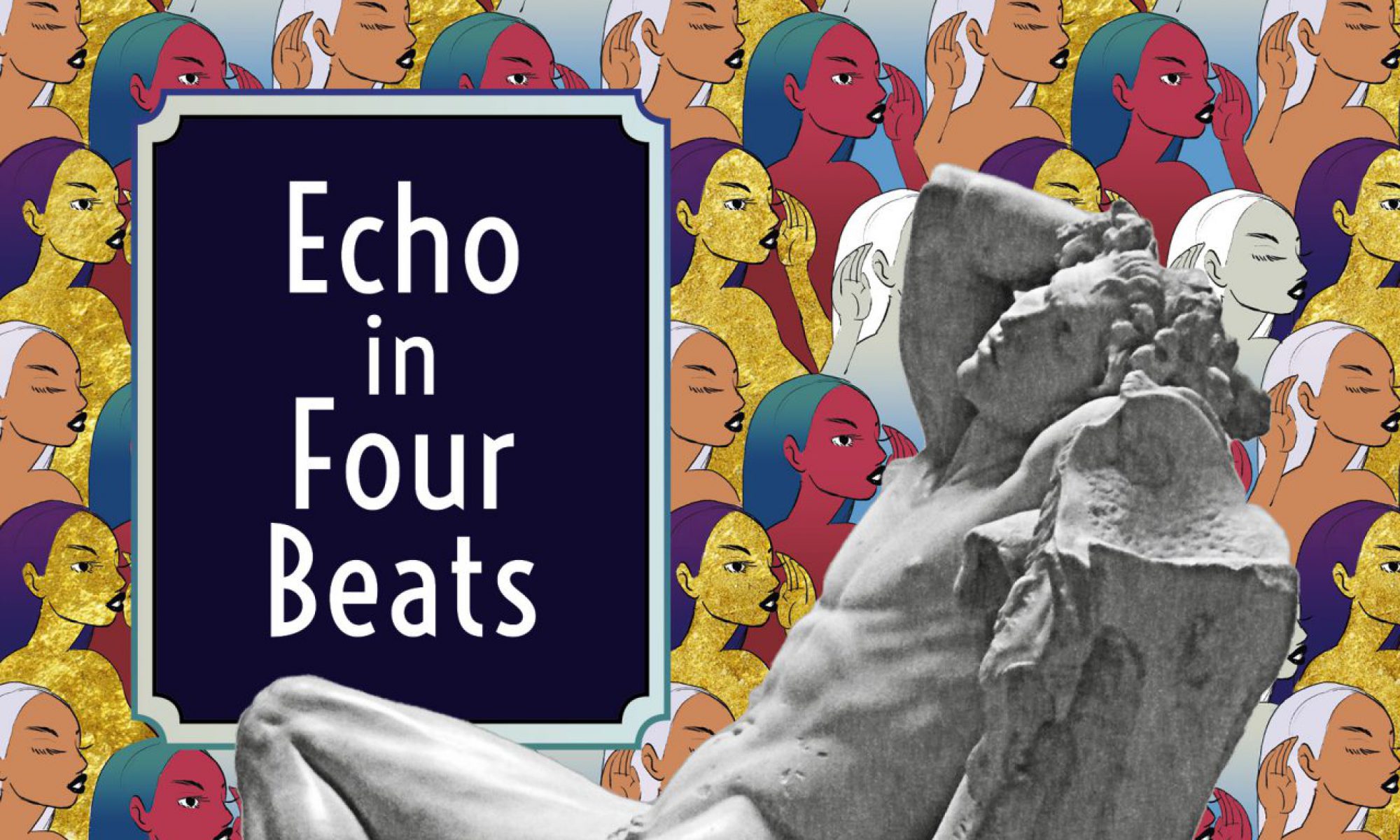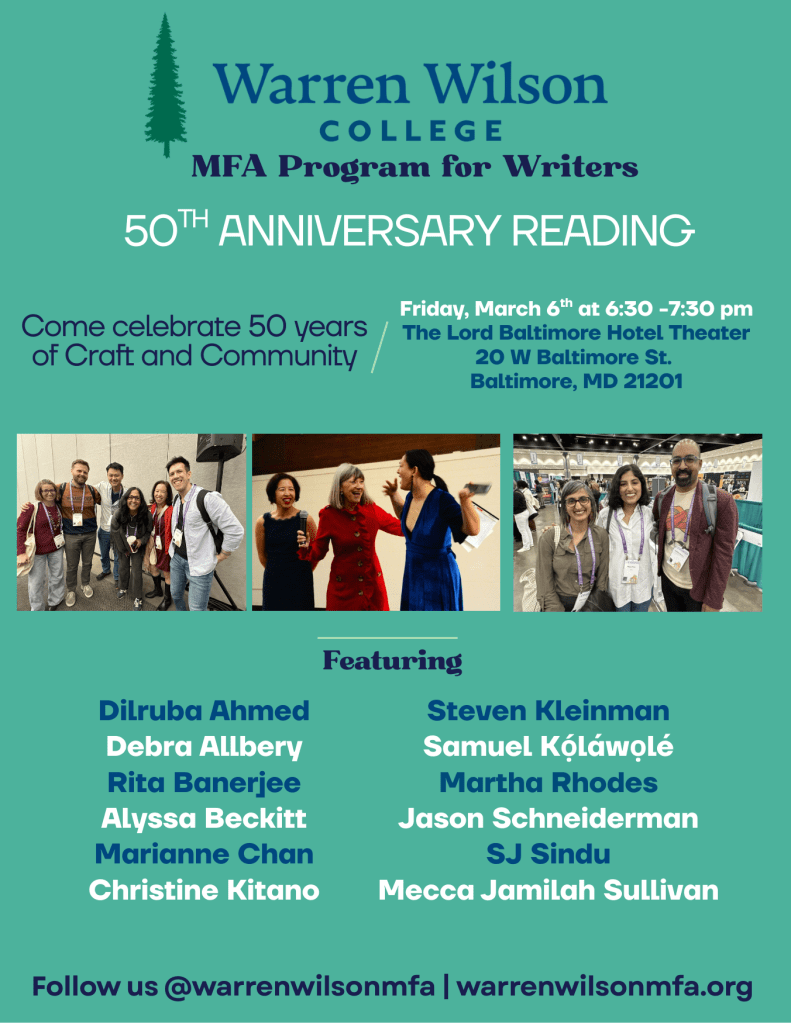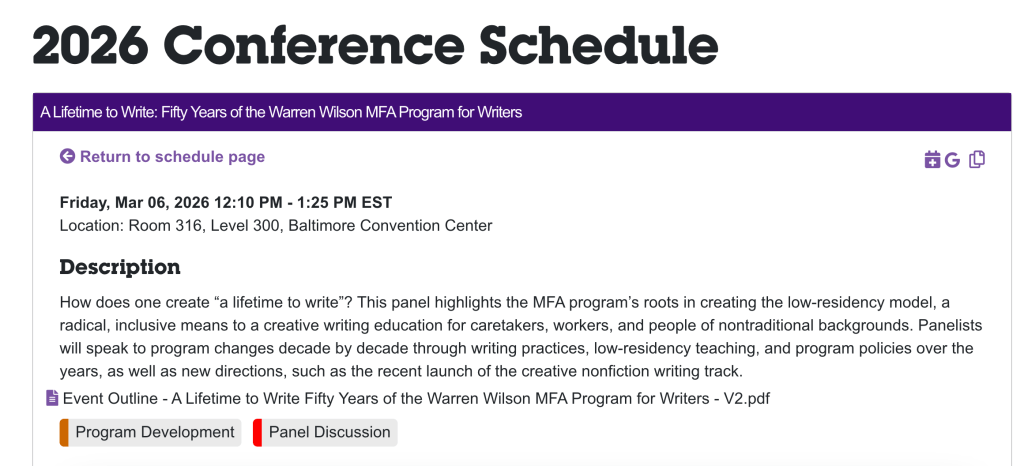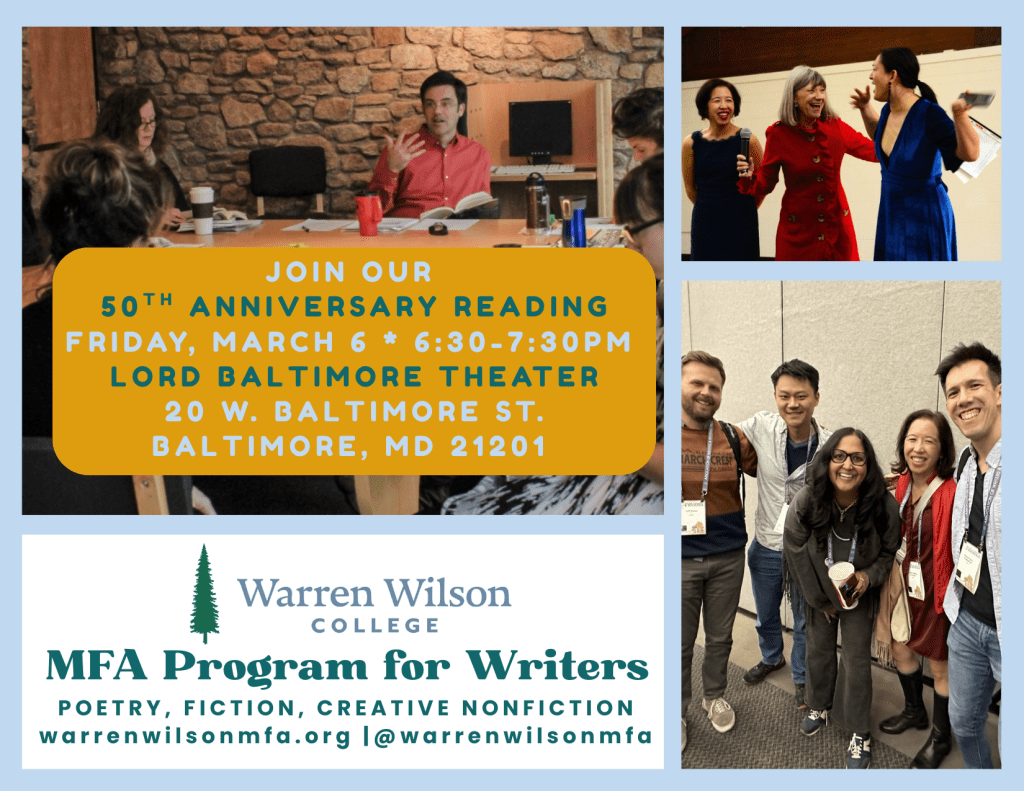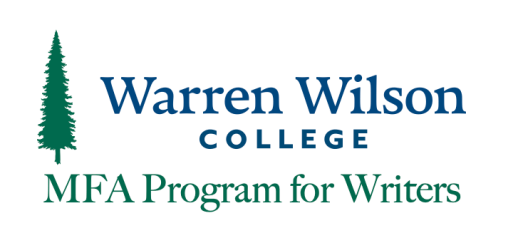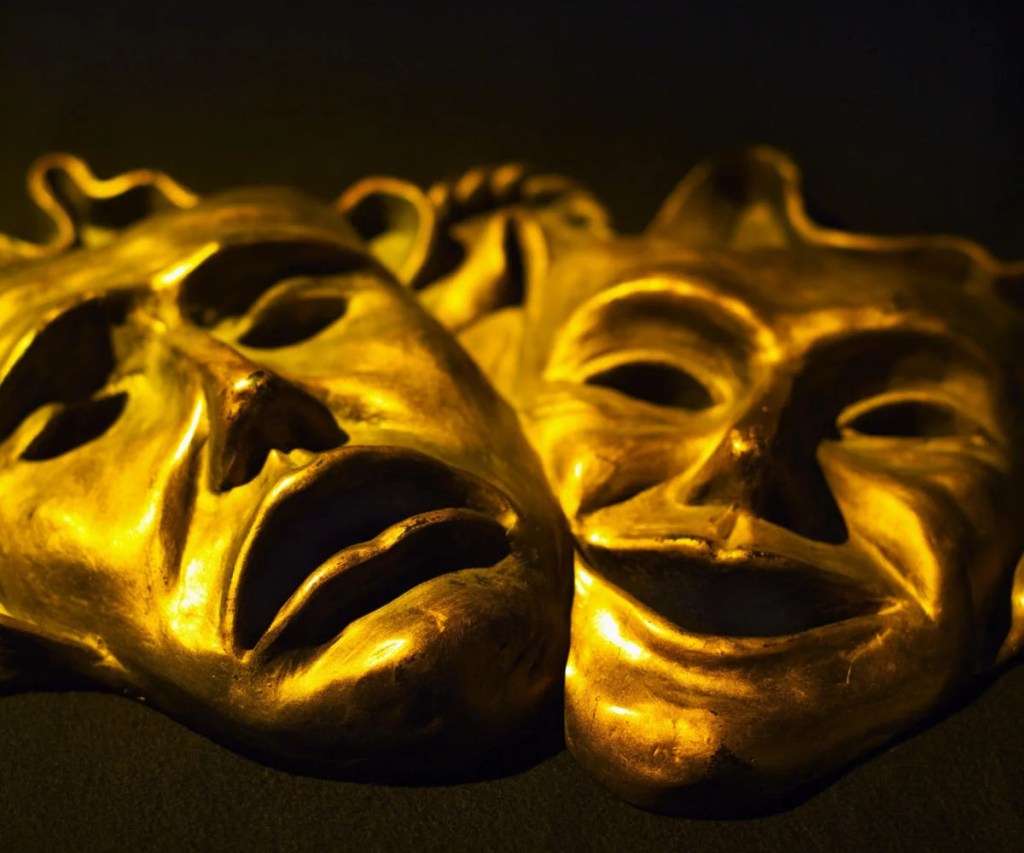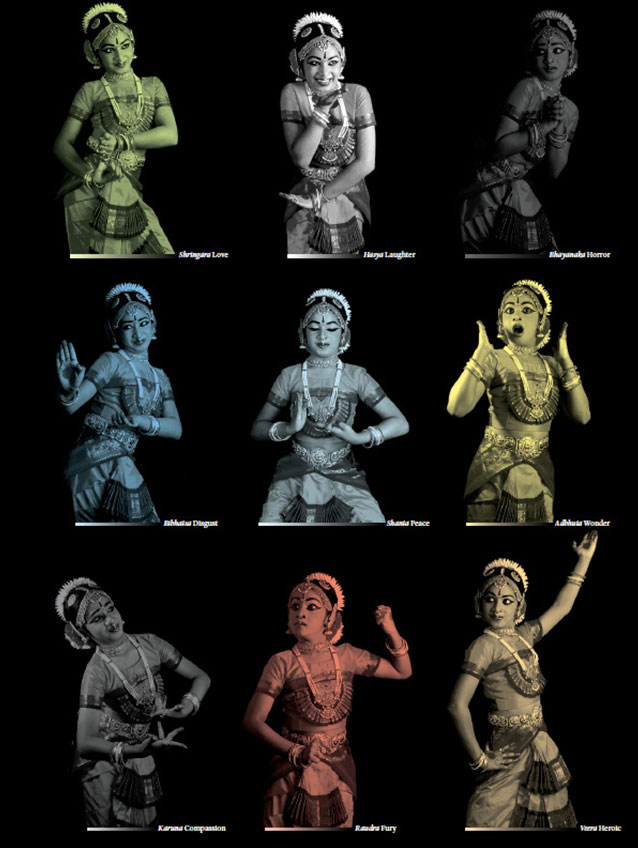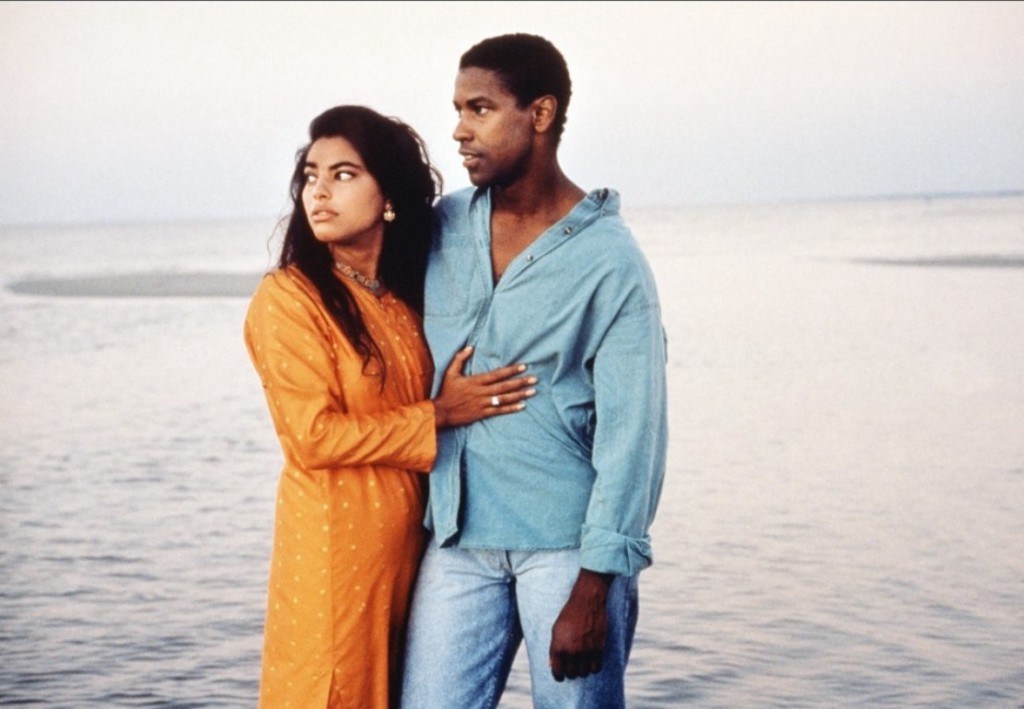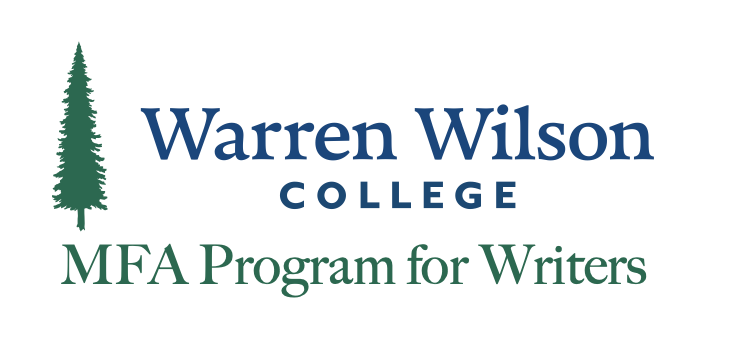
Editors Rita Banerjee, Diana Norma Szokolyai, and Corrine Previte are delighted to share that their new speculative literature anthology Disobedient Futures has been acquired by University Press of Kentucky! Banerjee, Szokolyai, and Previte are delighted to be working with Editor Abby Freeland and her team including Alice Fugate Brown at University Press of Kentucky. Here’s a bit more about Disobedient Futures:
Rita Banerjee, Diana Norma Szokolyai, and Corrine Previte’s, ed’s, DISOBEDIENT FUTURES, a speculative literature anthology that imagines what the future cultures of America and the world might look like through a diverse, inclusive, and multi-genre lens, and includes fiction, poetry, nonfiction, hybrid work, art, and photography that explore utopian, dystopian, and alternative realities, futuristic places, and parallel histories to Abby Freeland at University Press of Kentucky (world).
Featured Authors:
George Abraham | Thommy Ahneesan | Kazim Ali | Kenzie Allen | Paul Daniel Ash | Madeleine Barnes | Rita Banerjee | Zeina Hashem Beck | Alyssa Beckitt | Oliver Baez Bendorf | Emma Bolden | Frances Cannon | Alex Carrigan | Marianne Chan | Kholoud Charaf | Marlena Chertock | Kristina Marie Darling | JJJJJerome Ellis | Ayokunle Falomo | Carlos Andrés Gómez | Dipika Guha | Robin Hemley | Candace Jensen | Shanta Lee | Shirley Jones-Luke | Ilya Kaminsky | Liz Kellebrew | Raphaël Amahl Khouri | Samuel Kọ́láwọlé | Oksana Marafioti | Adam McOmber | Sebastian Merrill | Rajiv Mohabir | Neha Mulay | Ukamaka Olisakwe | Matthew Olzmann | January Gill O’Neil | Josiah Patterson | Diana Norma Szokolyai | Corrine Previte | Ruben Quesada | Thaddeus Rutkowski | Nneka Samuel | Jason Schneiderman | Kyle Scott | Dayton Shafer | David Shields | Erin Stalcup | Margo Taft Stever | Bianca Stone | Anca L. Szilágyi | Brian Teare | Ella Voss | David Heska Wanbli Weiden | Cecilia Woloch
#RitaBanerjee #DianaNormaSzokolyai #CorrinePrevite #CambridgeWritersWorkshop #fiction #poetry #nonfiction #art #photography #hybridwork #speculativeliterature
